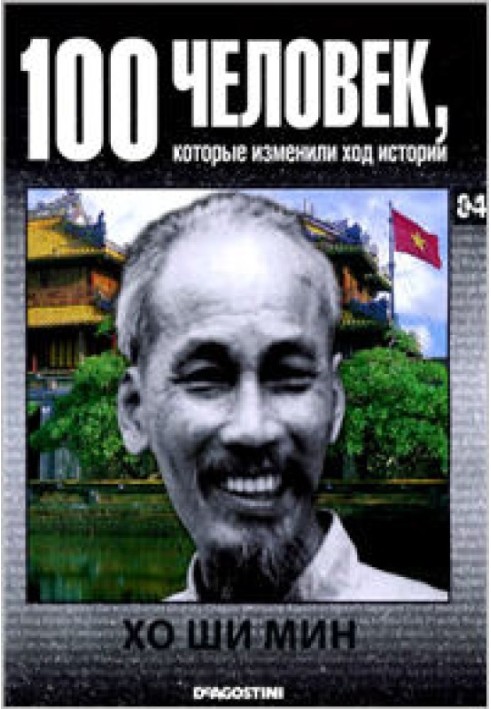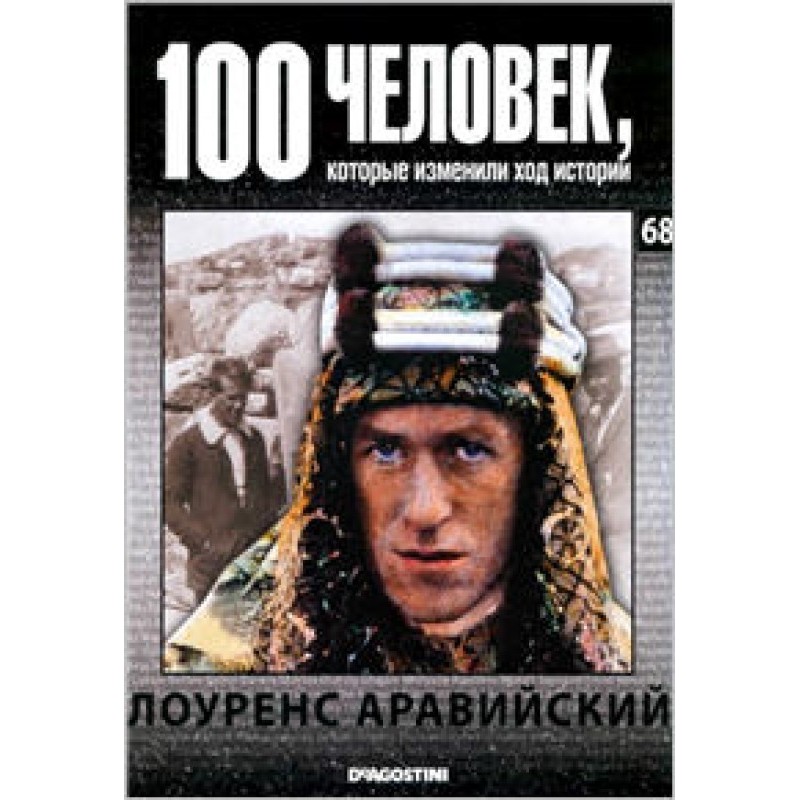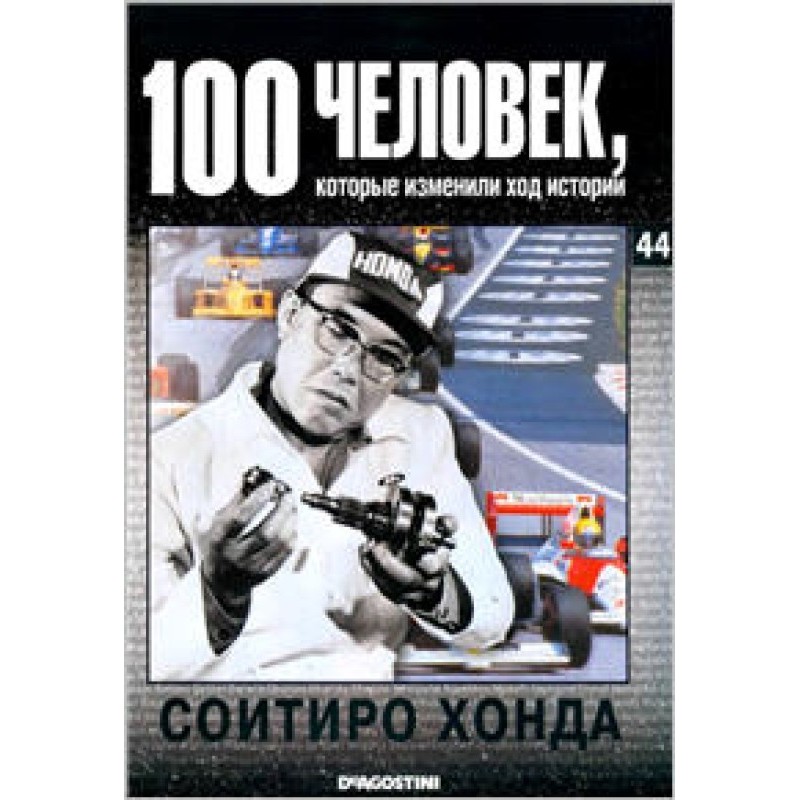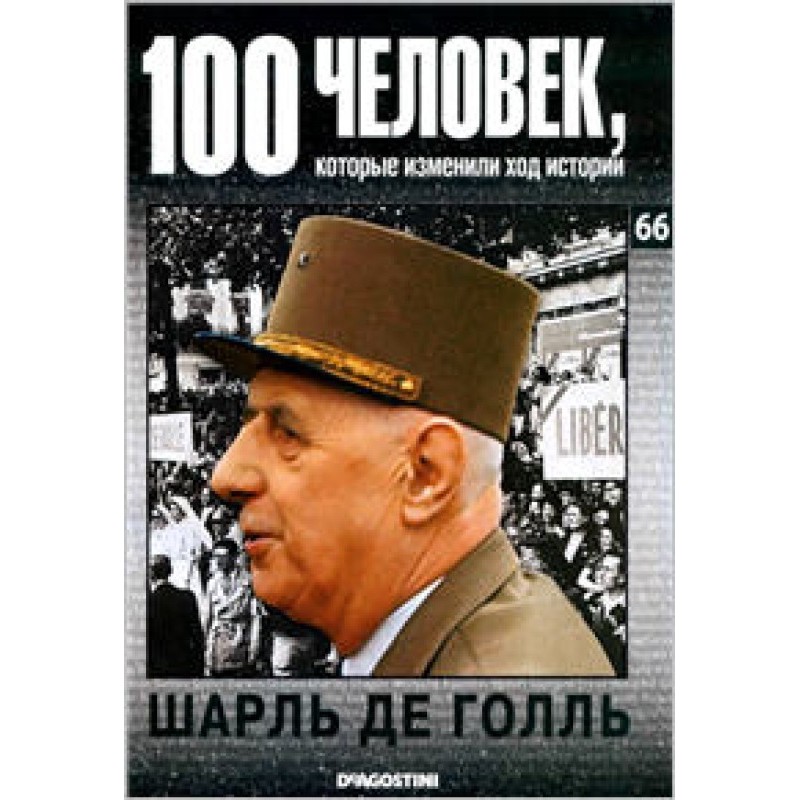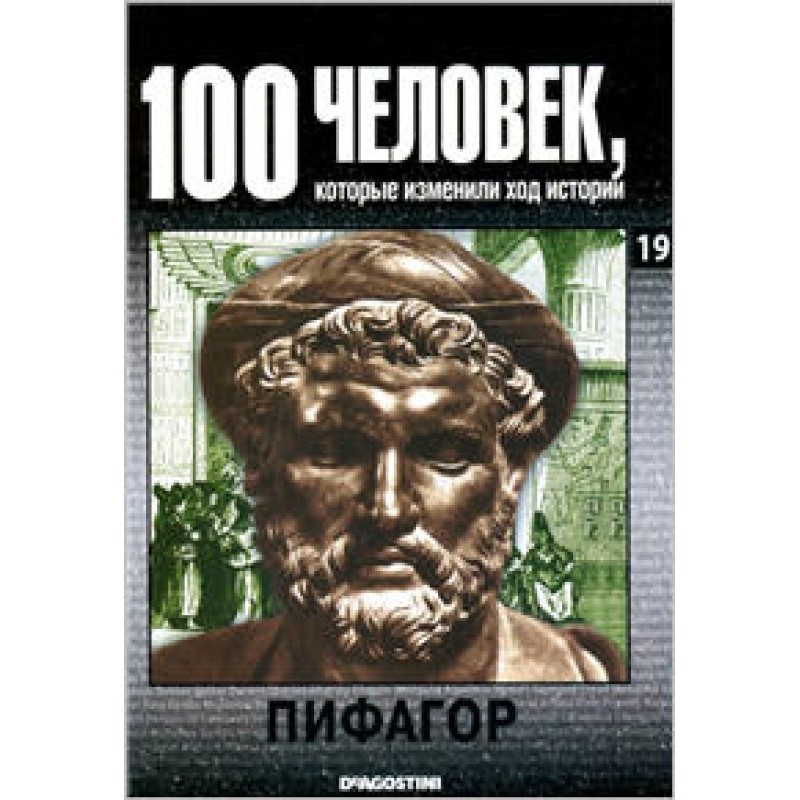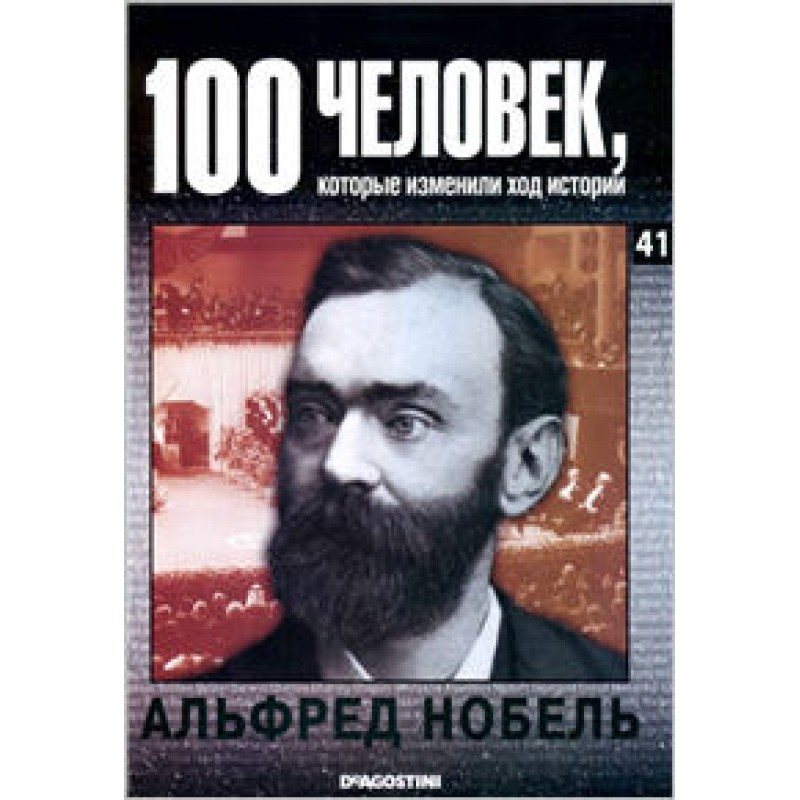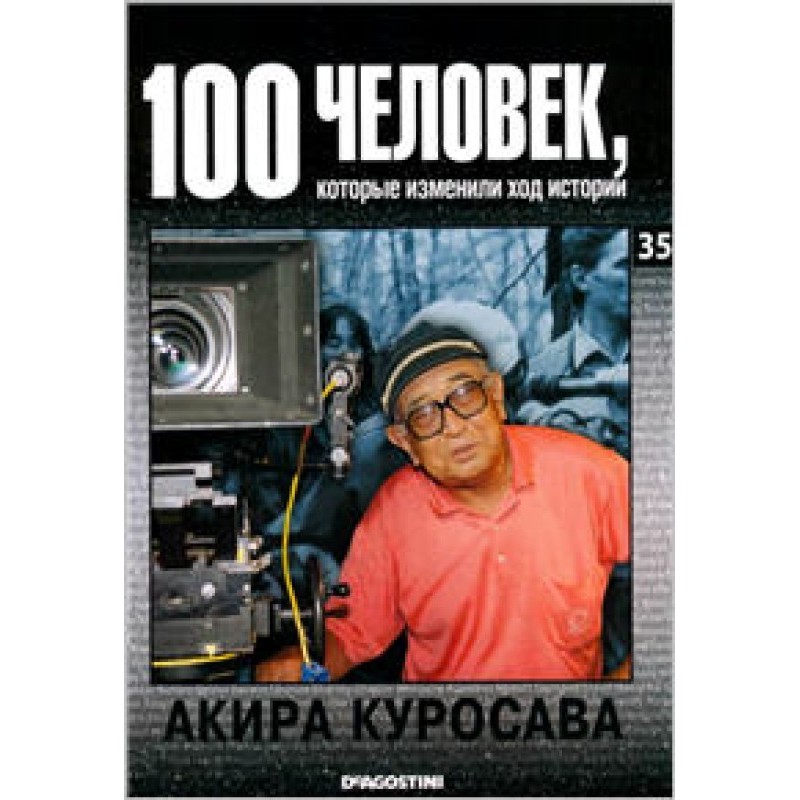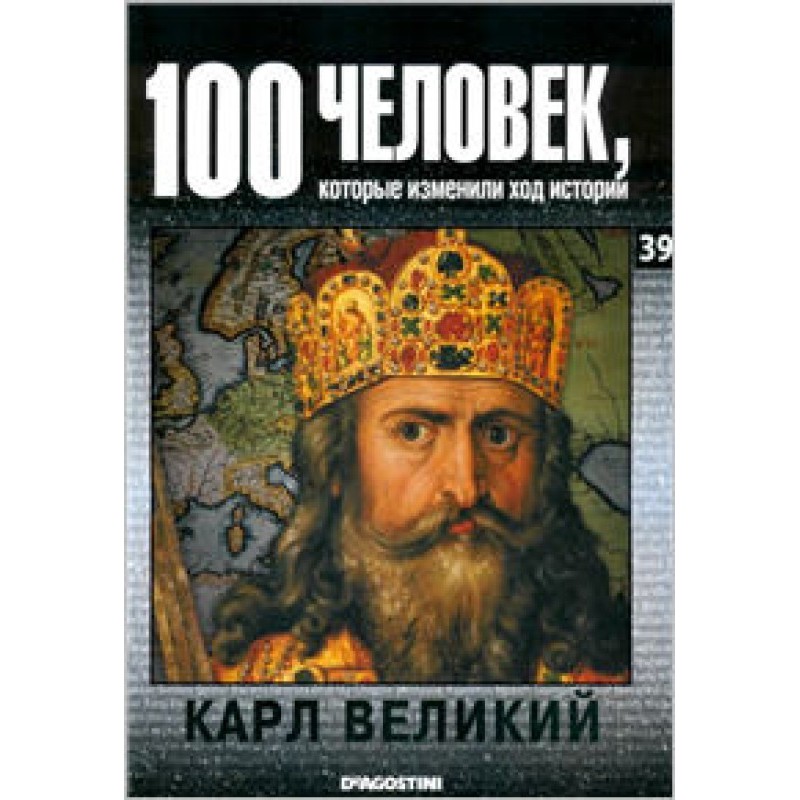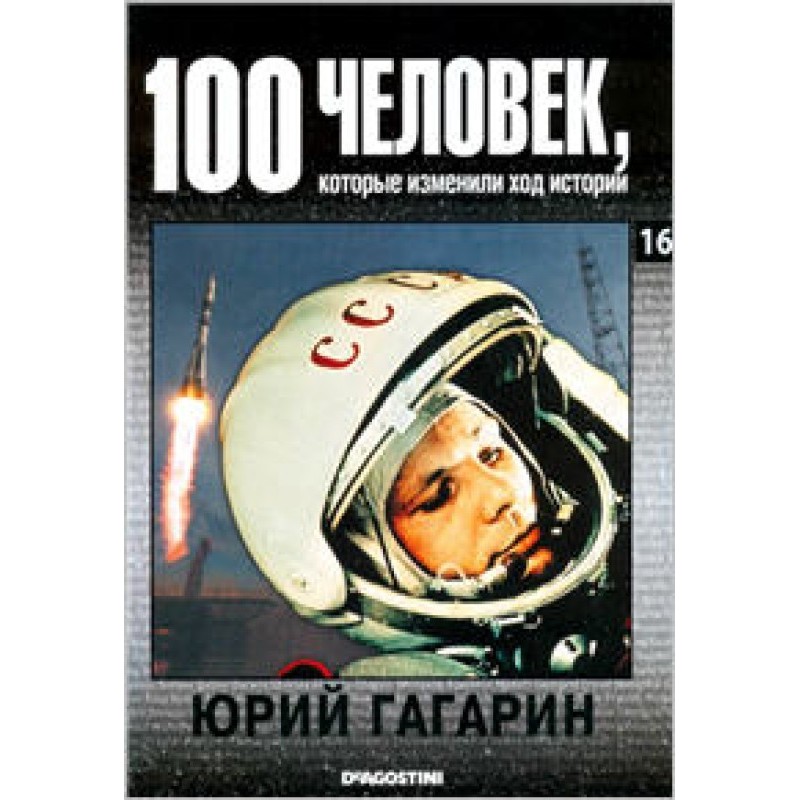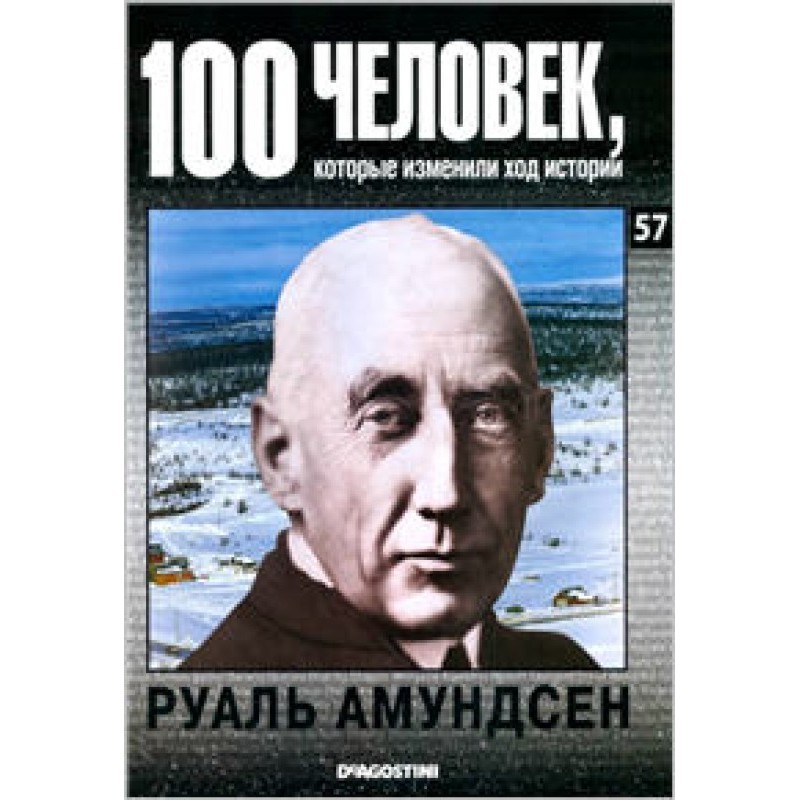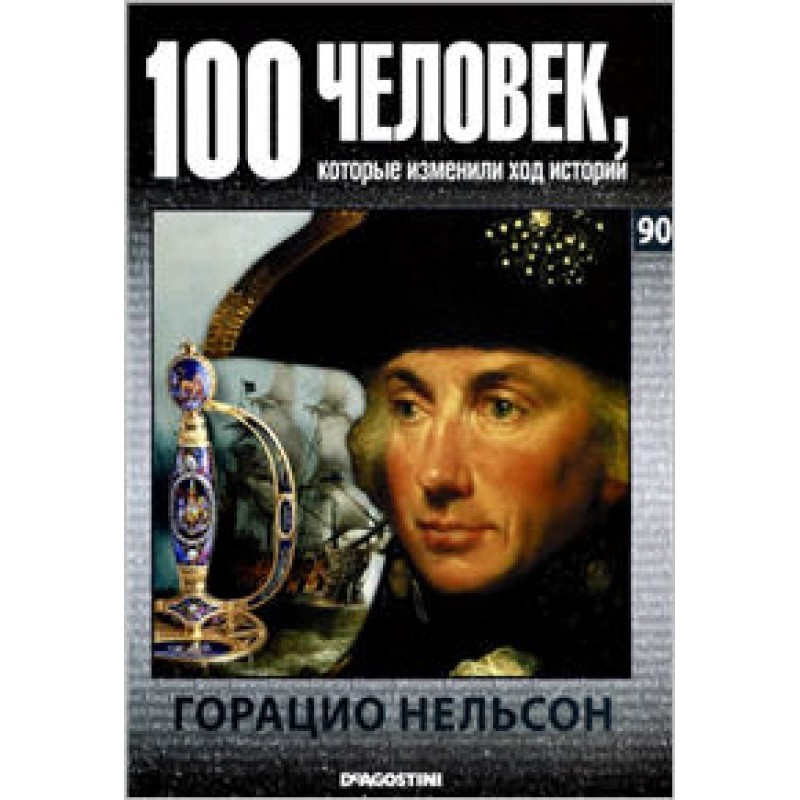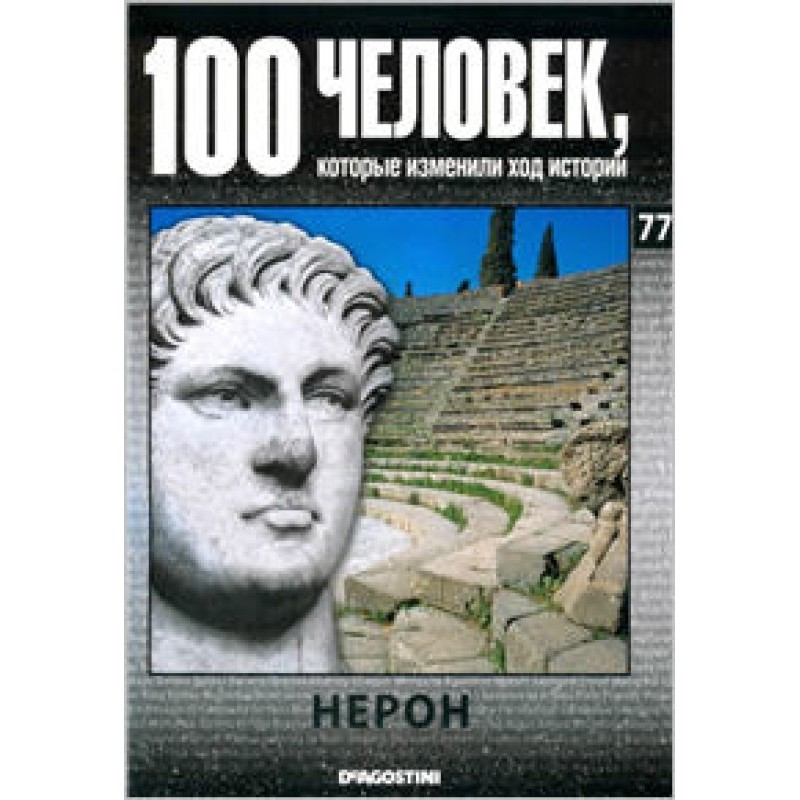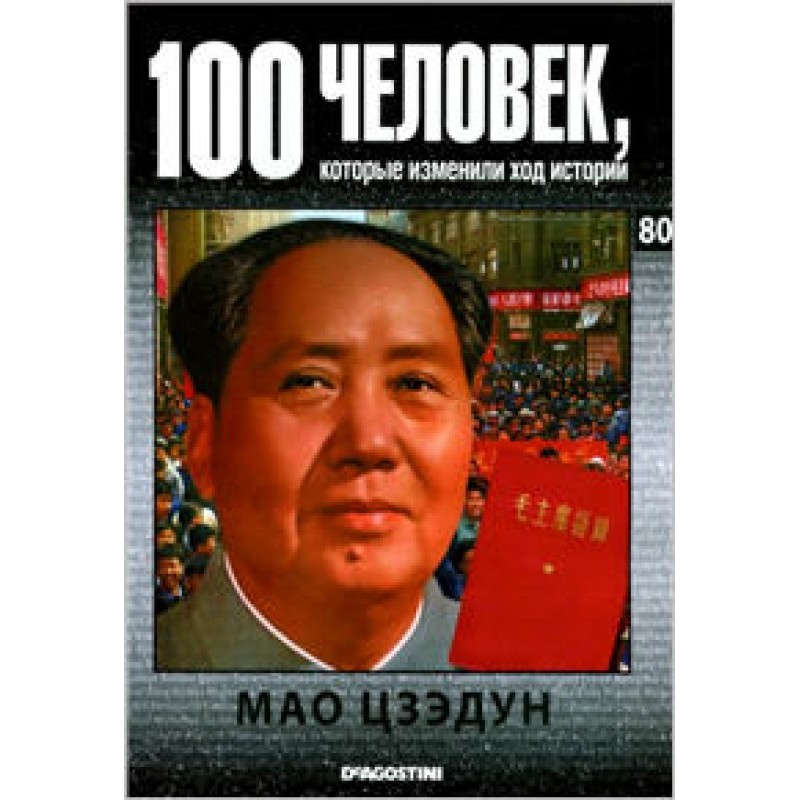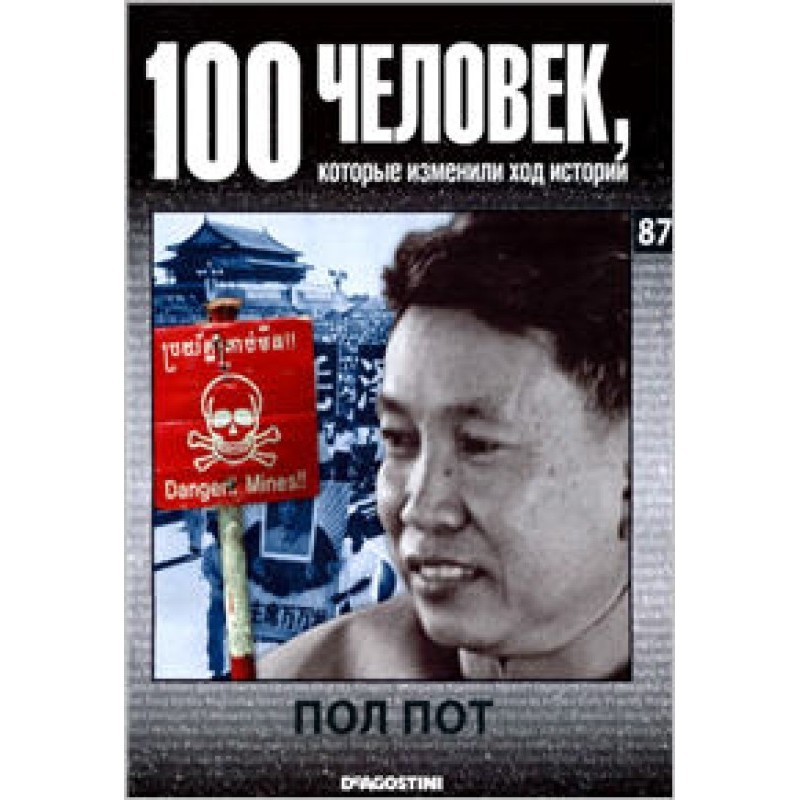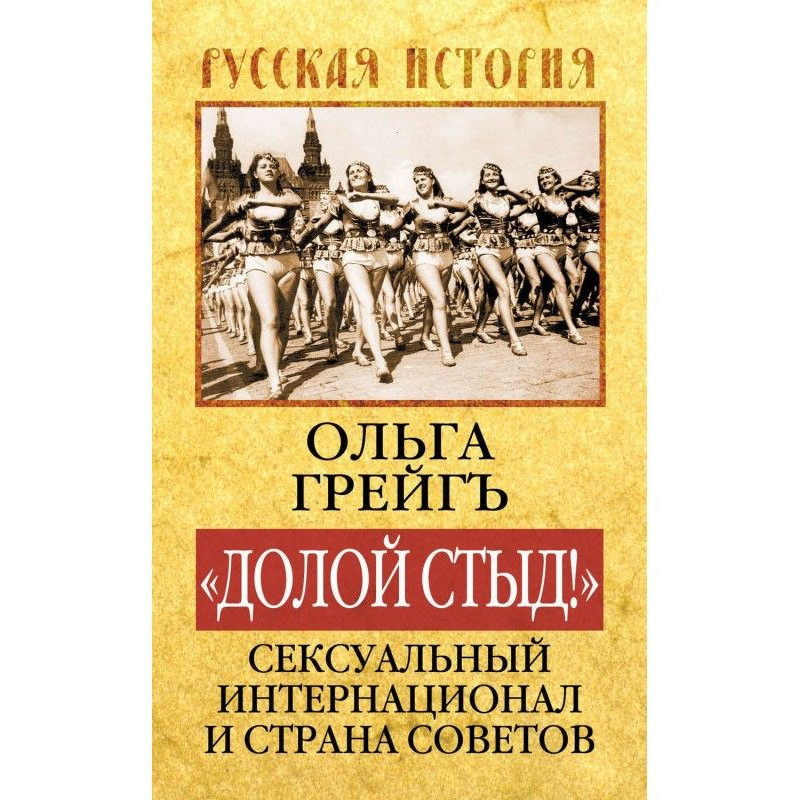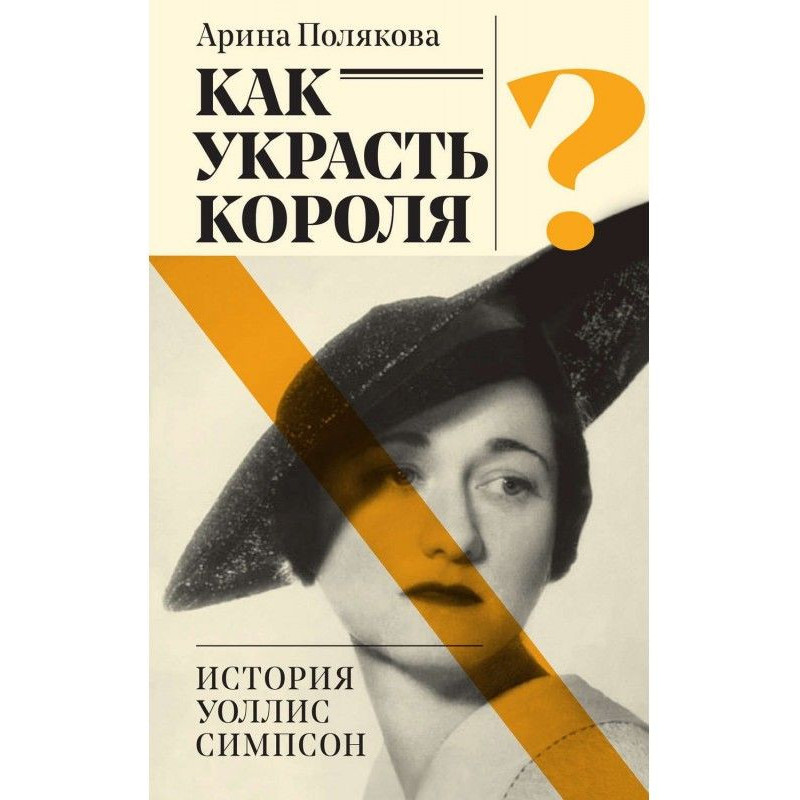Ho Chi Minh
 Instant download
Instant download
after payment (24/7)
 Wide range of formats
Wide range of formats
(for all gadgets)
 Full book
Full book
(including for Apple and Android)
One of the brightest pages of world history of the 20th century is associated with a relatively small state in Southeast Asia - Vietnam. At the end of World War II, this country became a springboard where the interests of several states collided - France, Japan, the USA and Chiang Kai-shek China. Vietnam was one of the first in the world to achieve independence from the mother country, and then won the clash with the United States, inflicting the first defeat in its history on the most powerful capitalist power. These events are associated primarily with the personality of the leader of North Vietnam - Ho Chi Minh (1890-1969), whose political views were a fusion of Confucian tradition and Marxist-Leninist theory. Even in his youth, Ho Chi Minh chose the path of a professional revolutionary. In the most difficult situation for the country, Ho Chi Minh showed the talent of an extraordinary politician and the fortitude of a partisan leader who shared with his comrades all the difficulties of life on the march. Ho Chi Minh was not only a brilliant politician, but also an excellent political journalist. His excellent knowledge of the national character helped him “reach out” to the most uneducated people and rouse them to fight for freedom. In 1945, he led the August Revolution, which ended with the proclamation of the Democratic Republic of Vietnam, and Ho Chi Minh himself became the first president and prime minister of the Democratic Republic of Vietnam. After unsuccessful military actions, France concluded the Geneva Accords of 1954, according to which Vietnam was divided into two parts along the 17th parallel. The United States took over the support of the pro-Western government of South Vietnam. In 1964-1965, the United States launched an air war against the Democratic Republic of Vietnam, and in 1965 it sent troops to South Vietnam. How the Vietnam War ended is well known. Ho Chi Minh did not live to see the unification of the war-torn country, but he never doubted that this would happen. In January 1973, the Paris Agreement was signed to end the war and restore peace in Vietnam, and in July 1976, Vietnamese state reunification was completed. In the 1990s, economic reforms were launched in the country, as a result of which modern Vietnam is developing very dynamically and may soon become one of the “Asian tigers” that have made a sharp breakthrough in the economy. The country's leadership does not seek to erase the legacy of Ho Chi Minh: like Mao Zedong in the PRC, the leader of the Vietnamese revolution plays the role of a symbol of national sovereignty. The main political slogan in Vietnam remains the words of Ho Chi Minh: “There is nothing more valuable than freedom and independence!”
Data sheet
- Name of the Author
- Анастасия Жаркова Евгеньевна
- Language
- Russian
Reviews
Вражаюча історія про великого лідера
Книга "Хо Ші Мін" є неймовірно захоплюючим дослідженням життя та діяльності одного з найзначніших політичних діячів XX століття. Автор вдало передає складність історичних подій, які відбувалися у В'єтнамі, і роль, яку зіграв Хо Ші Мін у боротьбі за незалежність своєї країни. Читач має можливість зануритися в епоху, коли В'єтнам став ареною глобальних конфліктів, і зрозуміти, як особистість Хо Ші Міна вплинула на формування національної ідентичності. Книга не лише розповідає про політичні досягнення, але й підкреслює людські якості Хо Ші Міна, його стійкість і відданість. Вона надихає на роздуми про цінність свободи та незалежності, що є актуальними і сьогодні. Рекомендую цю книгу всім, хто цікавиться історією, політикою та культурою В'єтнаму, адже вона відкриває нові горизонти розуміння цієї дивовижної країни.

